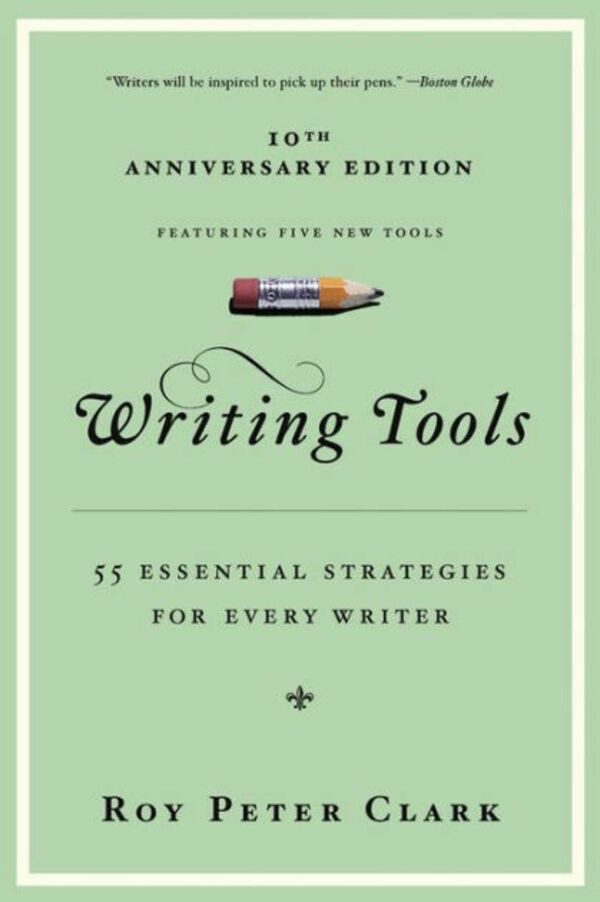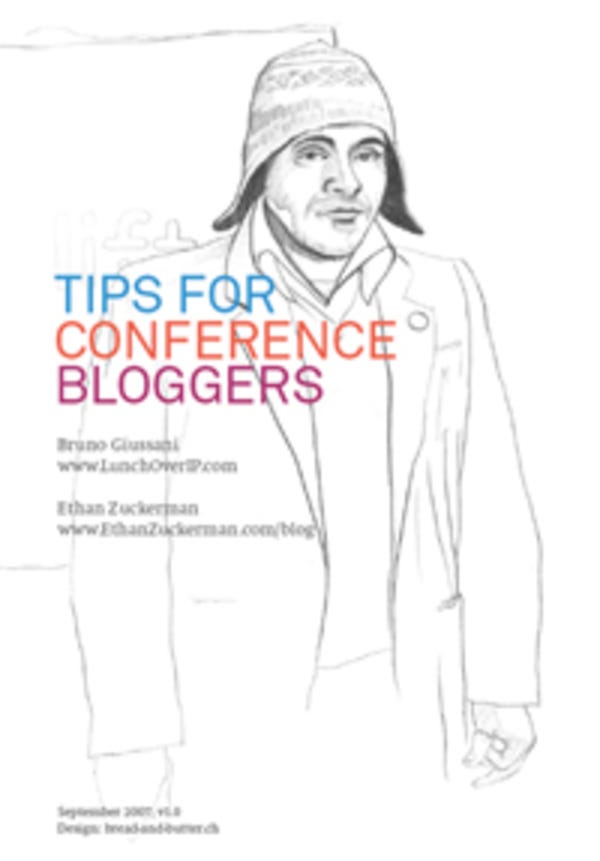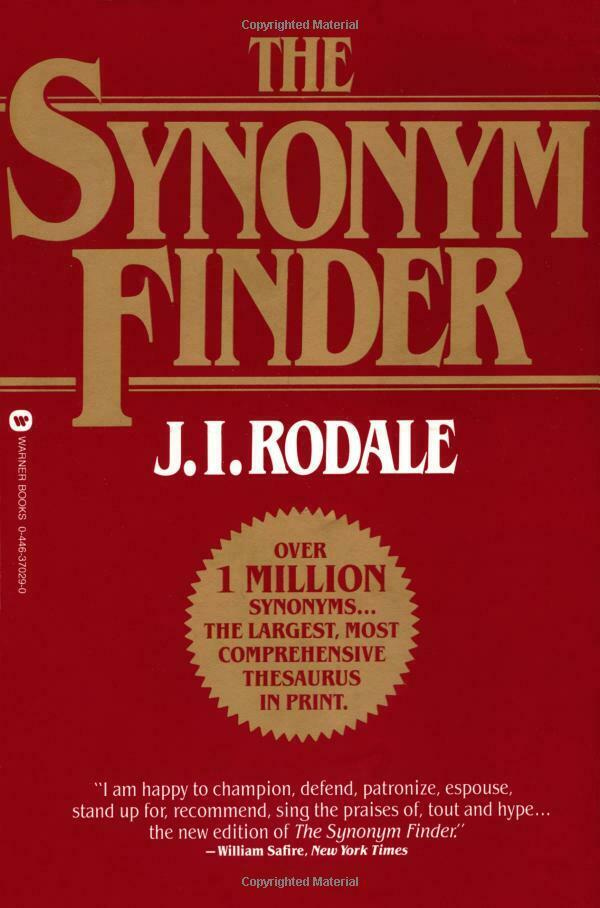Jeff Yang, Cultural critic and author

Cool Tools Show 297: Jeff Yang
Our guest this week is Jeff Yang. Jeff is a cultural critic, author and futures thinker whose latest book RISE: A pop history of Asian America from the Nineties to Now, will come out from Houghton Mifflin Harcourt in January 2022. He also co-hosts the podcast, They Call Us Bruce. You can find Jeff on Twitter @originalspin.
Subscribe to the Cool Tools Show on iTunes | RSS | Transcript | See all the Cool Tools Show posts on a single page
Show notes:

Authory
Authory is a site that automatically aggregates articles under your byline, including making them available in text form beyond firewalls. That’s magic for anyone who contributes to publications across a wide range of platforms. It doesn’t just gather them as links. It actually pulls together legible text, formatted versions of those articles, even when they’re behind firewalls. And it makes them available for you to make available on-demand to individuals or making even public for other people to read. I’m really quite happy with it.
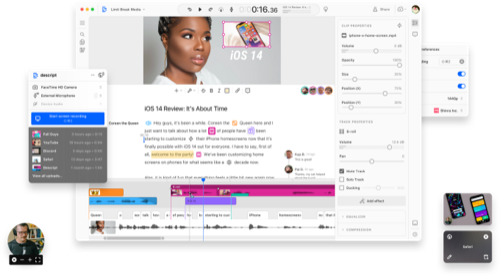
Descript
Descript is an audio/video transcription tool that has saved months of my life. It’s still at “good enough” stage but it keeps being updated all the time. It has integrated editing that allows you to move blocks of audio or video around just by cutting and pasting the transcript. It basically transcribed things well enough that I could just scan through documents, identify quotes I wanted to drill down into, and then automatically listen to the underlying audio and correct them for the purposes of using those quotes, but it’s gotten better over time. You can use it to kind of do a very rough edit of stuff, especially if you’re trying to figure out kind of a narrative flow for something. And I found that to be really, really powerful as well.

Audacity
Audacity is my go to audio editing platform, and my “yes open source can be awesome” example. There are a lot of great open source programs out there. A lot of them require a little bit more lift in terms of learning curve and interface. It’s not like Audacity is perfect, but literally, I picked it up and was using it in fairly complex fashion with a bunch of the audio clean-up and manipulation effects that they have built in. It’s actually, to me, more convenience and more intuitive in a lot of ways than GarageBand or other tools that I know that friends of mine use.
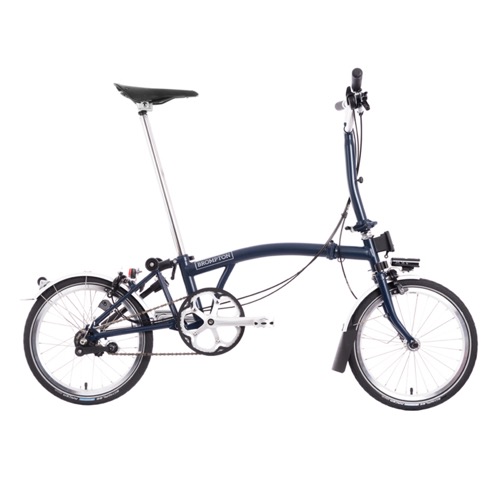
Brompton M3L Bike
My Brompton M3L bike is still the most brilliantly designed piece of kit I own. It’s the mobility version of the old Yakov Smirnoff style joke, “in America bike carries you, in Soviet Russia, you carry bike”—there are bikes with smaller folds but none that ride as well or fold as quickly. I have had three Bromptons in my life and a dozen other folding bikes. The brommie reigns supreme. It basically collapses almost like in a Z formation or something. It bends in the middle and then the back wheel flips under and the front wheel kind of clips to the back wheel. So you end up with a package, once you’ve put the handlebars down on top of the front wheel, that is almost the size of a wheel.
About the forthcoming book RISE: A pop history of Asian America from the Nineties to Now:
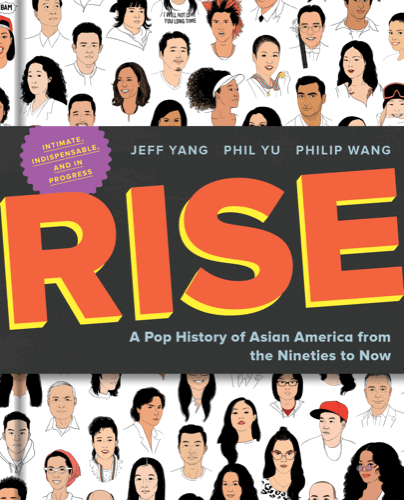
RISE is a pop history of last 30 years of Asian America. It actually happens to cover three decades in which I, Phil and Philip each kind of consecutively came of age — Me, the 1990s; Phil Yu the 2000s and Phil Wong the 2010s. We also covered three different types of kind of creative expression platforms. Then Phil created Angry Asian Man, which is even to this day, perhaps the best read Asian American news and culture blog, and then Philip Wong was one of the pioneers of Asian Americans on YouTube. So through those three lenses, and with all the different connections we have individually and collectively, we just did tons and tons of interviews, roped in tons of collaborators of a wide array of different backgrounds and heritages and identities. And we put together this 500 page document of these last 30 years.






